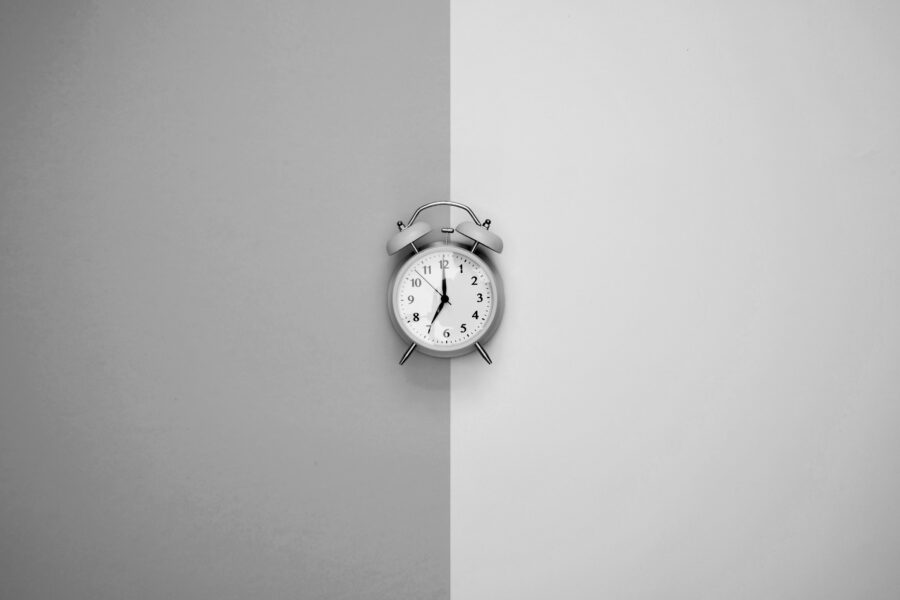#3, The role of women in a patriarchic society
In the last decades, there has been significant progress in gender equality; more women attend education and training, fewer forced marriages, more women in leadership positions and the parliament and more laws are now in place or are reformed to achieve gender equality.
Nevertheless, there is still a long way to go as far as actual gender equality is concerned. The statistics and figures do not lie. According to the United Nations and the Sustainable Development Goals, “only 52% of women married or in a union freely make their own decisions about sexual relations, contraceptive use and health care”. This means that there is still a tremendous number of women out there that have no say in their own bodies. In addition, as the UN states, there are eighteen countries where the husband has the legal right to prevent his wife from working. Again, a man gets to decide about a woman’s life. The numbers and the realisation of their meaning are admittedly socking.
On a brighter note, more than one hundred countries worldwide “have taken action to track budget allocations for gender equality”.
Steps have indeed been taken toward gender equality; nonetheless, women still carry the vast responsibility of managing the whole family, organising doctor appointments, meal preparation, education and extra-curricular activities, and household chores.
This week, Maria confides in thenotoriousnotes.com about her personal experiences and impressions of gender equality and the role of women in our society.
Maria-Greece, 60, hospital secretary
Q: What was your role as a girl in your family while growing up?
A: When I grew up, there was the perception that a girl was only good for housework and everything entailed. But I was lucky because I had a progressive mom at the time. To a large extent, my role in the family was equal to that of my brothers, who were boys!
Q: Is there equality in parenthood?
A: Not always.
Usually, the father does not want to get out of his schedule and habits, so the mother bears the burden of raising and educating the children. But he wants to have the first and last say in everything while at the same time criticizing. In my view, a large percentage of men want to be dads contributing as little as possible to the upbringing of the children, despite the mother also working. They feel that all of this is the mum’s responsibility.
Q: How has the role of women changed in the last 50 years?
A: In recent years, the role of women has changed a lot. First of all, she can study, which is very important because it opens up her horizons. She has entered the labour market and conquered positions that were male-dominated. She has fought for equality, and to a large extent, she has conquered it. Finally, she is asserting her rights.
Q: Have you ever faced racial inequality in your work environment?
A: Fortunately not. It’s probably because I didn’t give anybody a chance as I always gave my informed opinion. Maybe because I knew my rights. Maybe because I knew my job very well or because I was just lucky!
Q: Do sexist stereotypes exist among women?
A: Of course there are. Many examples. Some of them.
Women who have good jobs underestimate those who have a lower position.
Women who have a nice body turn their faces away when they meet someone chubby.
Women who consider themselves beautiful mock others.
Women who have financial comfort do not hang out with those who are struggling to make ends meet.
I think it’s all because we haven’t learned what respect is! If we respect ourselves, we will respect everyone else around us.
Q: A woman that inspires you.
A: There are many women I admire!! One of them is Melina Mercouri.
A charismatic personality who distinguished herself not only as an actress but also as a politician who fought against the dictatorship and as a minister of culture with interventions on an international level.
Dynamic, Decisive, Democratic, Charismatic.




Thank you Christina!
Another great essay! I really enjoyed Maria’s interview!